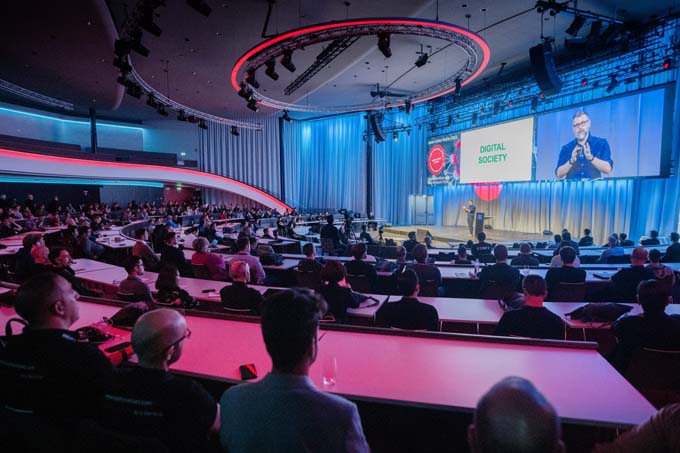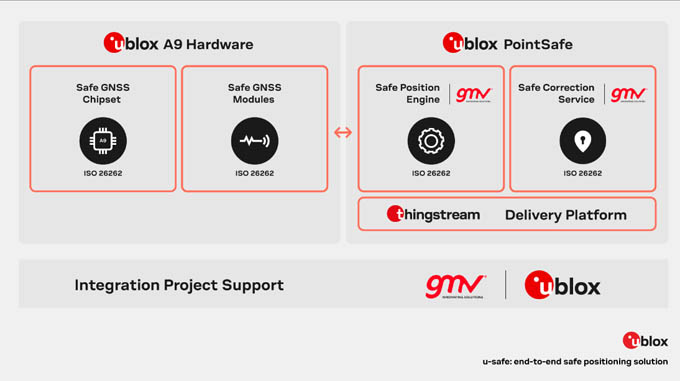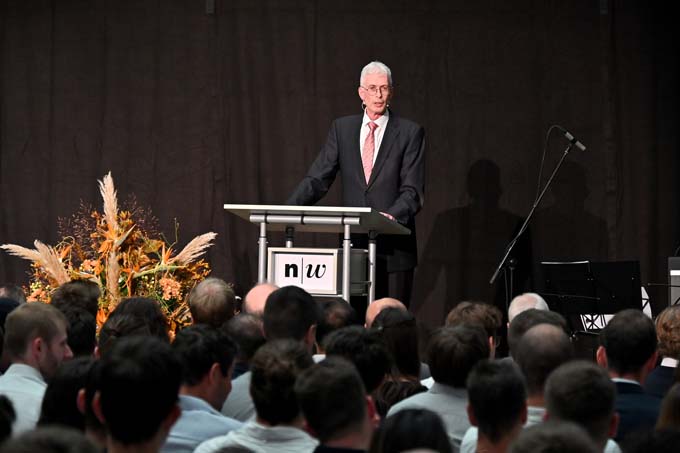Swiss Cyber Storm Conference 2023: Focus on the role of people
On October 24, 2023, the anniversary edition of Swiss Cyber Storm, the Swiss conference for IT security, will take place in Bern. This year, too, a large number of national and
international experts on stage.

On October 24, 2023, the 10th edition of Swiss Cyber Storm will take place at the Kursaal Bern. During this time, the event has established itself as the IT security conference in Switzerland. This year again, 24 national and international experts will be on stage to present the latest topics and trends in cybersecurity and discuss them with the audience.
This year's motto "The Human Factor" underscores the central role of people in the fabric of IT security. Are people the weakest link in the security chain, as is often claimed? Can user training improve enterprise security? How can companies create awareness of threats without everything coming to a standstill afterwards? Is increased security awareness desirable or rather sand in the gears? What would IT systems need to look like to be "secure by default"? These questions are the focus of the event.
The discussion will Eva Galperin open, Director of Cybersecurity at the Electronic Frontier Foundation (EFF), with the Opening Keynote. Galperin graduated from SFSU with degrees in political science and international relations. For several years, she has worked on the digital privacy and security needs of victims of domestic violence. She is also a co-founder of the Coalition Against Stalkerware.
Some more speakers and talks on "The Human Factor":
- Christina Lekati, Senior Social Engineering Trainer & Consultant, Cyber Risk: "Social Engineering: Targeting Key Individuals, Profiling, and Weaponizing Psychology."
- Joseph Da Silva, CISO, RS Group: "Teacher, Enforcer, Soothsayer, Scapegoat: the Life of the CISO."
- Christine Bejerasco, CISO, WithSecure: "Secure-by-Design: How do You Design with a Security Mindset for the User?"
A selection of speakers and talks on other security topics:
- Stefan Lüders, Computer Security Officer, European Organization for Particle Physics (CERN): "Help! I Have Data Center Nightmares"
- Alexandra Arni, Executive Director, Swiss FS-CSC Association: "Cyber Resilience on the Swiss Financial Center - the Swiss FS-CSC".
- Stefan Soesanto, Senior Researcher, CSS, ETH Zurich: "Making Sense of Data Dumps and Data Leaks in Times of War and Peace".
The closing keynote, titled "The Human OS: Can't Tech This," will be delivered by Yanya Viskovich, Senior Manager Security Consulting at Accenture.
Speakers in the main program will include: Omer Akgul, Sheila A. Berta, Tim Blazytko, Edzo Botjes, Edwin Foudil, David Jacoby, Raphaël Schaffo, Joe Slowik, Mauro Verderosa.
Also besides the program, during the coffee breaks or the lunch break, the Swiss Cyber Storm 2023 offers ample opportunity for social exchange and discussion with the speakers.
Source: www.swisscyberstorm.com
This article originally appeared on m-q.ch - https://www.m-q.ch/de/swiss-cyber-storm-conference-2023-die-rolle-der-menschen-im-fokus/




















